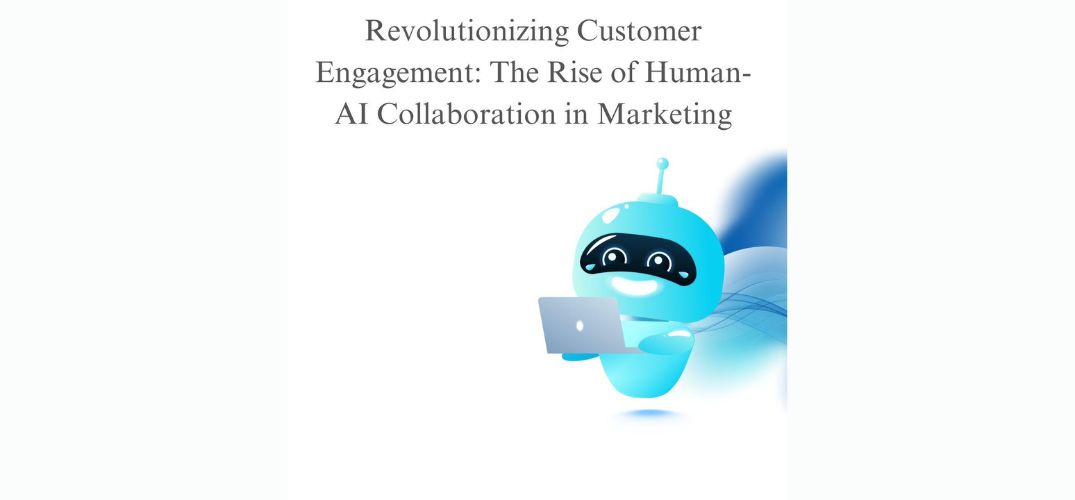The exploration of AI in marketing highlights its transformative potential to combine human creativity with machine precision. Sowmya Kotha provides a structured framework for organizations to enhance customer engagement, personalize experiences, and streamline operations, showcasing how businesses can achieve efficiency and deliver impactful strategies.
The New Era of Marketing Analytics
Marketing has entered a data-driven era where understanding customer behavior demands more than traditional methods can offer. Artificial intelligence (AI) has emerged as a game-changer, capable of analyzing vast data sets in real time to reveal hidden patterns and trends. With predictive modeling achieving accuracy rates of up to 89%, marketers can now anticipate customer needs with remarkable precision. This represents a shift from manual analytics, which often lacked depth and left critical gaps in customer insights. AI’s transformative capabilities empower marketers to make data-informed decisions, personalize campaigns, and deliver more meaningful customer experiences, redefining the future of marketing.
Beyond Automation: Human Expertise in the Loop
While artificial intelligence (AI) excels in data analysis and predictive modeling, it falls short in areas that require emotional intelligence, cultural sensitivity, and nuanced contextual understanding—skills that human marketers naturally bring to the table. Emotional nuances, brand voice alignment, and an understanding of cultural dynamics are essential for crafting messages that truly resonate. This collaboration, known as the Dual Intelligence Marketing Framework (DIMF), blends AI’s analytical precision with human creativity and empathy. By leveraging the strengths of both, DIMF creates campaigns that are not only data-driven but also emotionally engaging. Organizations adopting this approach have reported a 67% higher return on investment, proving that the balance between machine intelligence and human insight is key to delivering impactful and meaningful marketing outcomes.
Personalization at Scale
Personalization has shifted from being a luxury to an essential aspect of modern marketing. Customers now expect tailored experiences at every touchpoint, and AI plays a pivotal role in meeting these expectations by analyzing vast amounts of customer data in real time. AI uncovers behavioral patterns, enabling hyper-personalized recommendations and interactions. However, true personalization goes beyond algorithms. Human oversight is crucial to ensure AI-driven insights are used in ways that reflect brand values and align with customer preferences. By combining AI’s efficiency with human intuition and creativity, businesses can deliver seamless customer journeys, boosting engagement by over 156% and fostering long-term loyalty.
The Technical Backbone of AI Integration
Effective AI implementation requires a strong technical foundation. Organizations must invest in systems that enable seamless omnichannel data integration and real-time analytics, ensuring AI can process vast datasets efficiently. Scalability is essential to accommodate growing demands, while robust security measures protect sensitive customer information. This infrastructure not only supports AI’s capabilities but also empowers marketers to focus on strategy, creativity, and customer engagement. With AI managing the complexities of data processing, businesses can achieve greater efficiency, unlock deeper insights, and deliver personalized experiences that drive meaningful and measurable results.
Ethical Considerations and Challenges
As organizations embrace AI in their marketing strategies, ethical considerations become increasingly important. Issues such as data privacy, transparency, and algorithmic biases must be addressed to maintain trust and accountability. Human oversight is essential to ensure AI is deployed responsibly and aligns with ethical standards. Additionally, this shift requires upskilling employees through training programs that focus on AI literacy, ethical awareness, and cross-functional collaboration. By equipping teams with the knowledge to work alongside AI, businesses can foster innovation while maintaining ethical integrity, creating a balanced and responsible approach to AI-driven marketing.
The Road Ahead
The future of marketing lies in the continuous evolution of human-AI collaboration. Emerging technologies, such as natural language processing and edge computing, promise to further enhance this partnership. As organizations navigate this dynamic landscape, strategic agility and a commitment to ethical practices will be key to success.
In conclusion, Sowmya Kotha’s work highlights the transformative potential of combining human intuition with AI’s analytical power. By embracing this balanced approach, organizations can unlock new levels of efficiency and customer engagement, setting a benchmark for the future of marketing.



































